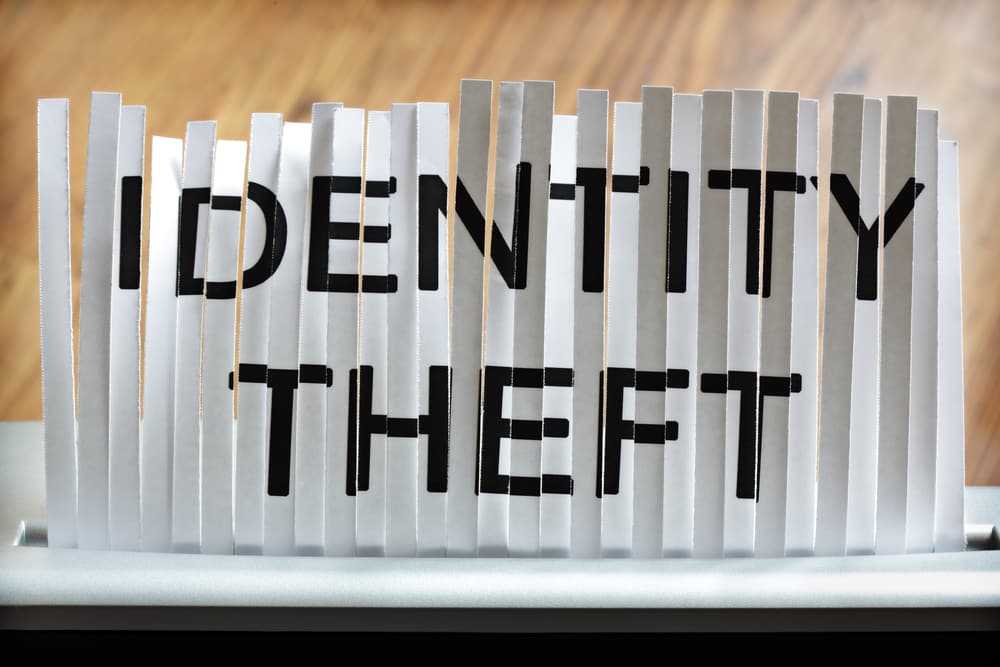Identity theft; the deliberate, illegal use of someone else’s identity–might sound intangible, but it is very real and its dangers can be significant. With identity theft, criminals can steal money and property, but not from you. Through theft they obtain your personal details to get credit or other financial benefits in your name. The ramifications for your finances and your personal life can be severe.
There are really two types of identity theft: account takeover and identity takeover.
Account takeover is the hijacking of existing consumer accounts– like those for credit cards, banks, e-currency, email and social media—by criminals online.
Identity take-over involves the use of a victim’s identity for nefarious purposes. The root of all identity take-over revolves around the hacker’s obtaining a victim’s personal data, including valuable information like his or her social security number, mother‘s maiden name, date of birth, driver’s license information, and home address. With these details in hand, a criminal can successfully assume a victim’s identity online without much difficulty.
Most often, these online criminals disguise themselves to be friends on social media or even to our bank officials to trick us into providing our personal information.
RKN GLOBAL REMINDS US THAT IDENTITY THEFT IS A GLOBAL PROBLEM:
Identity theft continues to be a global problem, with criminals breaching online personal and business data which translates into billions of dollars of losses.
A 2015 Barclays research note reported that credit card account takeover in the United States is 47% of the global total, even though the U.S. represents only 24% of the global credit card market. But the truth is that no country is immune.
Credit card account takeovers do not respect borders. Criminals often use accounts stolen from one country to make fraudulent transactions in another. The problem quickly expands beyond the individual and beyond borders to become a global scourge.
Unfortunately, both types of identity theft are likely to continue to rise. One estimate noted that 690 major data breaches that occurred through November 2015 resulted in the theft of more than 175 million records, a considerable amount of which will be fully exploited and monetized by the end of 2016. Cyber security threats against our identity—against both our accounts and our actual online identity—will continue to plague us in the years ahead. This should lead us to proactively take steps to protect ourselves and our online identity.
RKN GLOBAL advise on HOW TO PREVENT IDENTITY THEFT:
The Federal Trade Commission (FTC) allows you to file a complaint when identity theft has occurred. Although, the FTC cannot carry out an investigation for you individually to recover your money. Your complaint will be part of a national database accessible by different law enforcement agencies seeking to correct patterns of theft. This complaint enables the FTC to recognize your issue and take corrective measures to remedy the fraud in an official capacity if possible.
A complaint may be filed online with the FTC. It requires you to provide you credit report and any information relating to prove the existence of the fraudulent accounts. It also requires you to provide personal information such as your address, date of birth, and social security number, as well as any known details about the crime itself, in order to complete the form adequately. You have a choice to fill this complaint anonymously if you so desire, but it is essential to make sure that a printed copy is received regardless of the method used to file the complaint. Filing the complaint is recommended to try to help the government put in measures to prevent others from being harmed like you were




